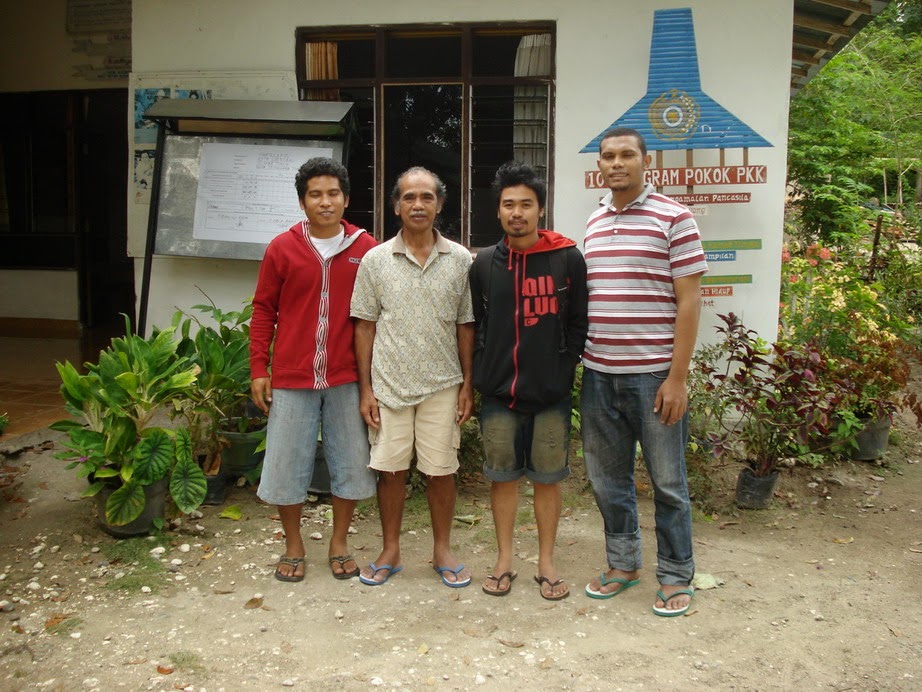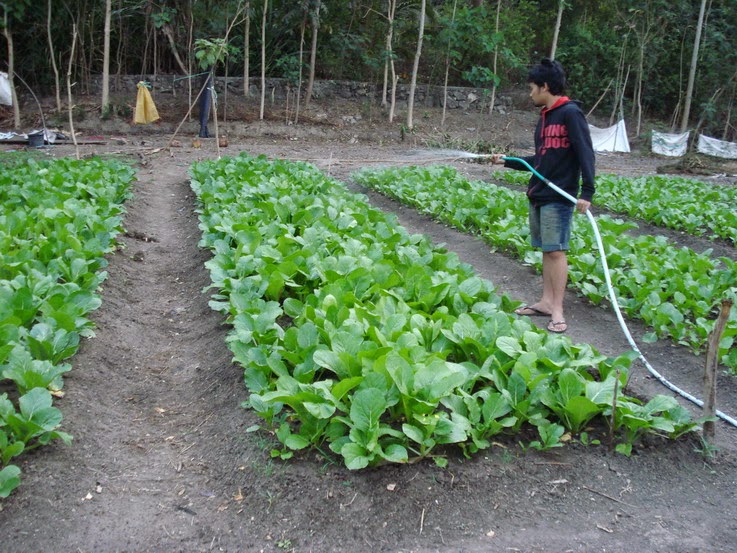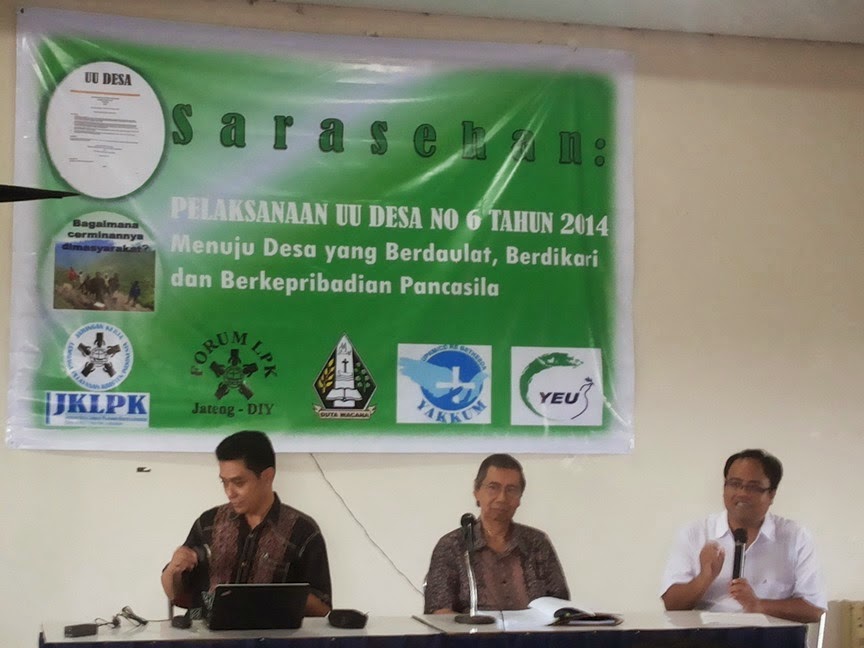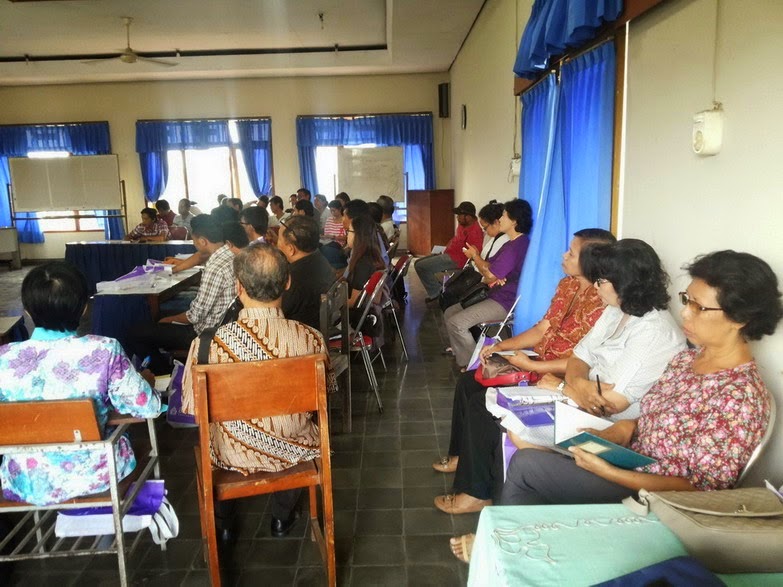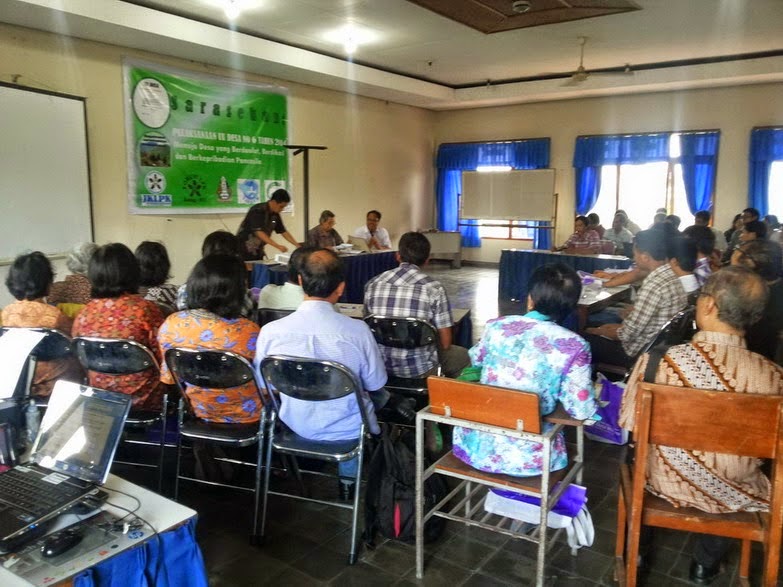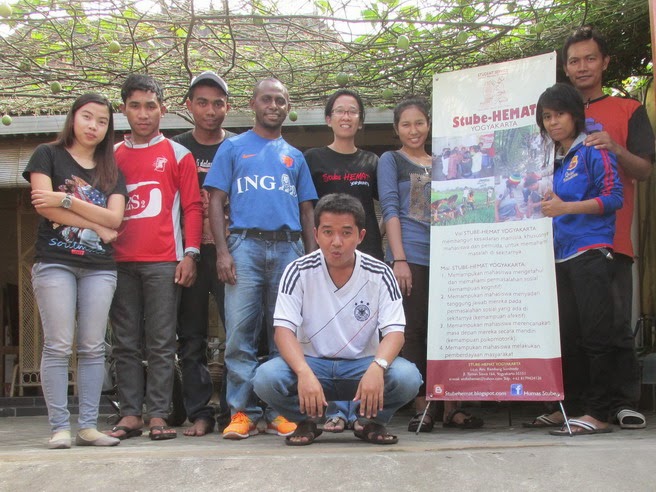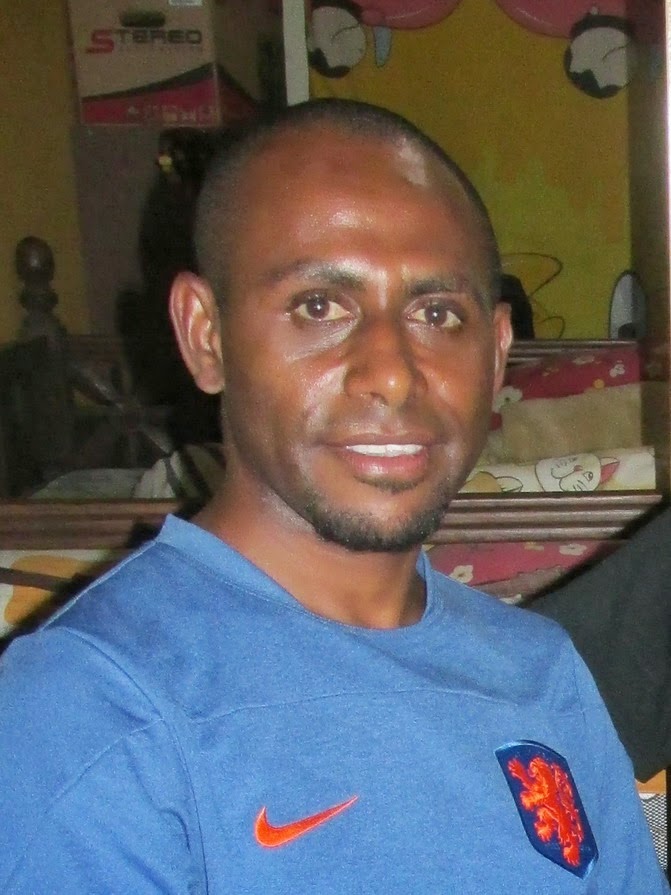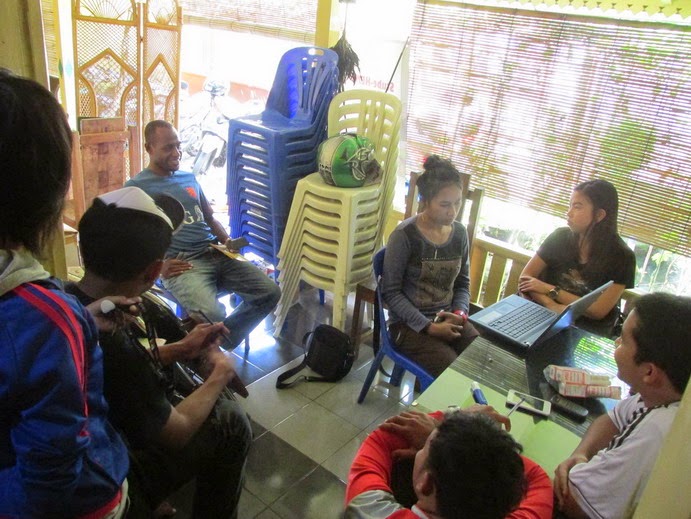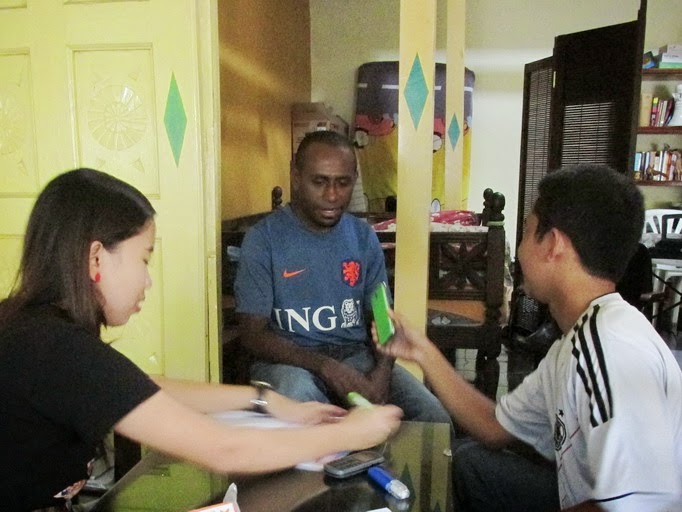by adminstube
by adminstube
Finally, thanks to Yulius Anawaru and family, Apriyanto, pastor Domi, Abner, Yoga, Anton, Mr. Daniel - farmer group of Rinjung Pahamu, friends of GMNI, East Sumba GMKI, espescially to Stube-HEMAT which gave me valuable lessons. Hopefully, this program will be the opening page of the book of mine about interaction with Sumba Island. (SRB)
by adminstube
The legalization of Village Act should be well accepted because it contains progressive policies and strategies for village advancement and development, appreciations to village existency and official role as one important position in the constitutional system. In addition, the Village Act also shows its firmness by giving sanctions to village heads who do not do their obligations. The sanctions may be in written warning, suspension and termination of their career. It is certainly positive to encourage the performance and discipline of the village government. Hopefully the dream to establish a sovereign independent village having Pancasila-based character can be realized. ***
by adminstube
Sagrim told his impression during his join to Stube-HEMAT and said to friends in Stube-HEMAT, that as human, we need a place and mind to express. Thus, we have to find one where we can express ourselves and get self-discovery. We cannot know ourselves without someone else around and we should take other ones as our reflection. Sagrim added, "Don’t see Stube-HEMAT only as an institution or organization but please regard it as a really place that God has prepared for every youth to recognize his/her potency. God prepares this instituion to show it like my own experience before. I recognized myself through this institution. May God bless Stube-HEMAT".
by adminstube
Web Archive
2024 (6)Total: 449








